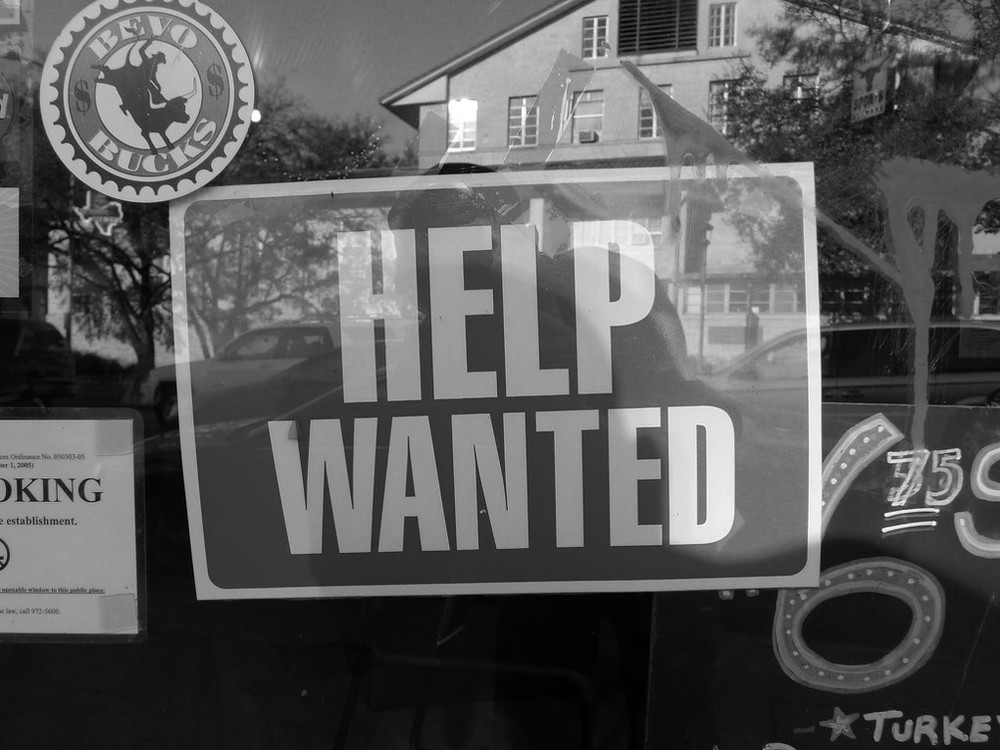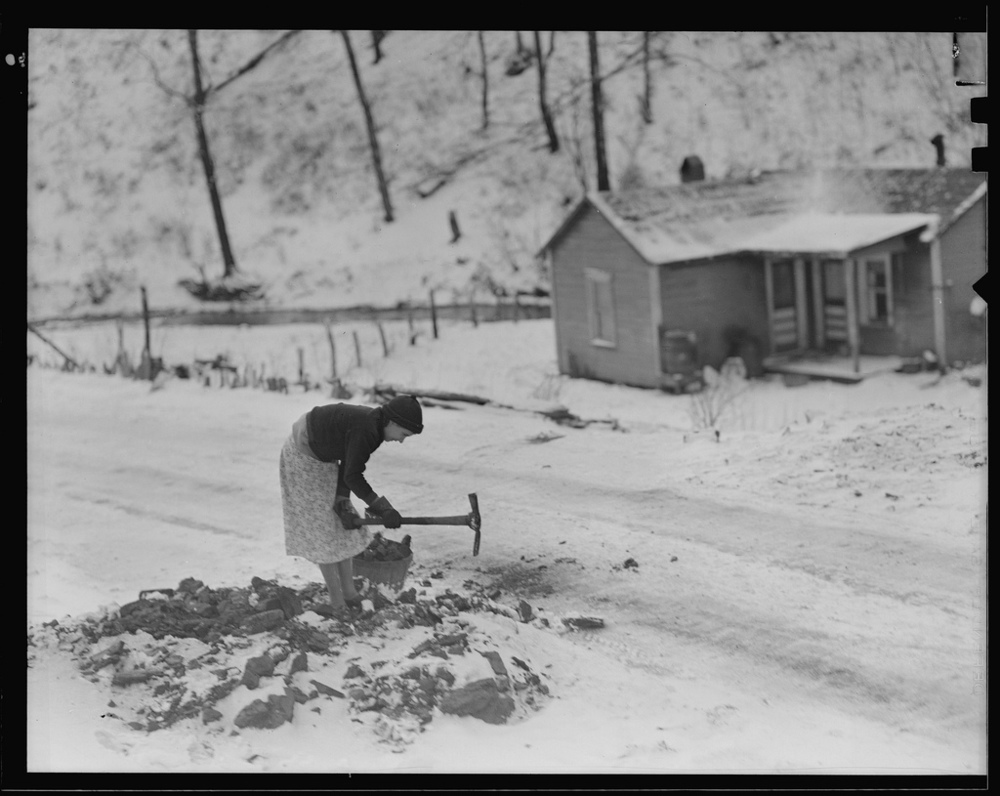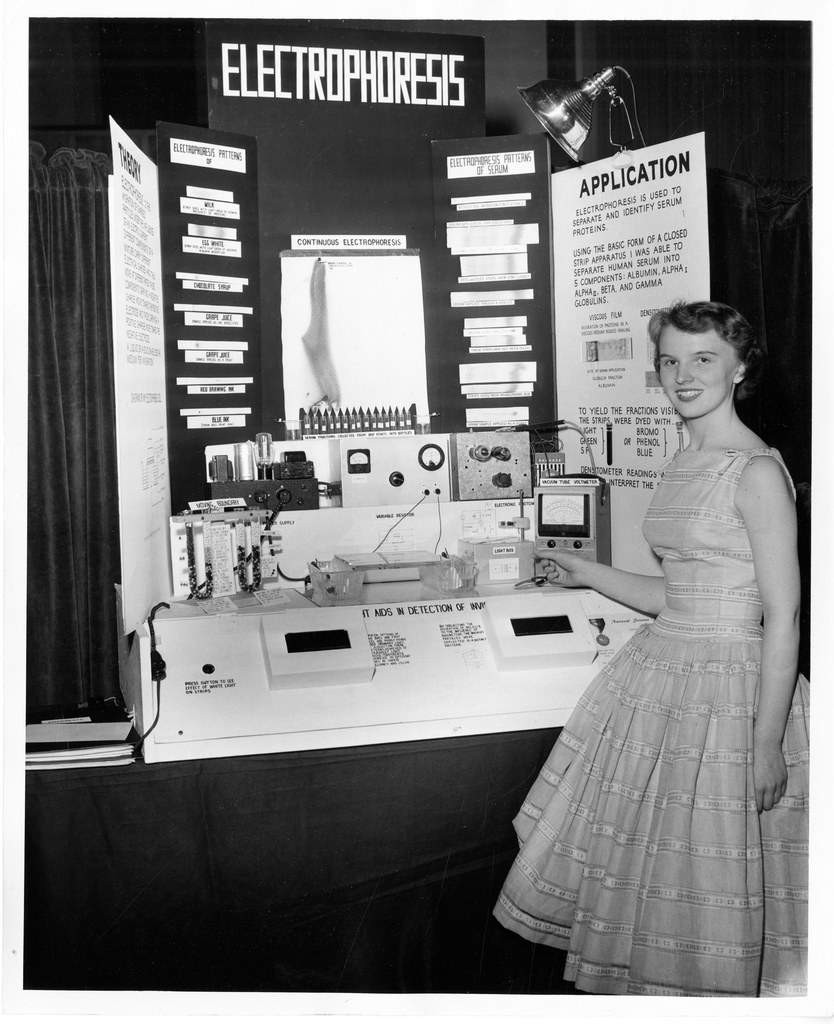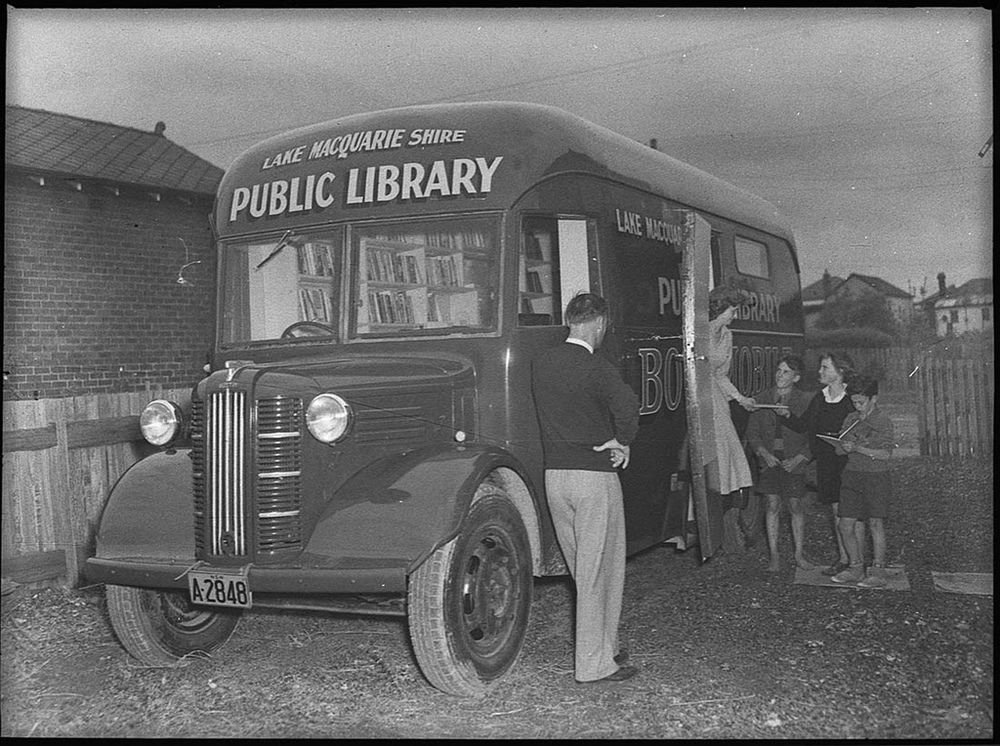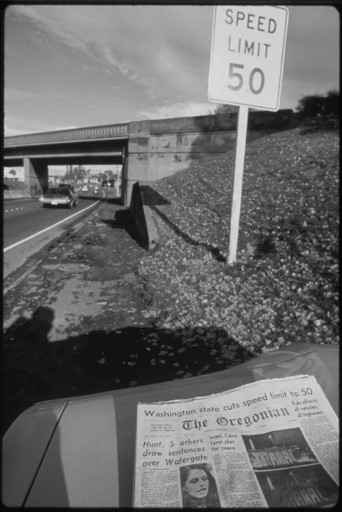 Communications people shouldn't be happy just to create content. They should be helping to shape it. That means sitting in the Editor's chair.
Communications people shouldn't be happy just to create content. They should be helping to shape it. That means sitting in the Editor's chair.
by GUEST EDITOR Eddie Coates-Madden
 The communications team is usually seen as an organisation's authors, creating narratives, words and pictures. But maybe it should be the editor.
The communications team is usually seen as an organisation's authors, creating narratives, words and pictures. But maybe it should be the editor.
As 'author', we know we can risk making campaigns, images, channels and award submissions an end in themselves. We end up writing little gift tags and doing the wrapping, rather than choosing, buying or making the present.
We are the people closest to the customer (or should be). We are the people with the theory and training. We are the people with the segmentation data, the engagement, and the channels. We are the people who hear the customer, usually first and usually best: through research, press enquiries, social media. So shouldn't we be involved from the very beginning, planning, designing, and picking the present?
We should. But we rarely are. So we need to be bold enough to claim the editorial role. Not wrapping a gift we know nobody wants - and won't work when it gets there – but taking a long term, strategic view; asking what outcomes are wanted, and then shaping and leading the work to achieve them.
Sure, we should ensure it is beautiful (and we are the best people to do that) but our first duty must be to make it wanted; something that will work.
Often we most clearly see the symptoms and lessons of poor practice: the campaigns asked for at hours' notice, because 'something must be (seen to be) done'. Print rooms producing forms that should have been digital years ago. Amateur, brand-breaching clip-art popping up, off-plan, all over the place. Media enquires about problems in the customer relationship, or repeated service failure inherent in the design.
Good editing surely demands a practical understanding of readers' needs; a clear view of the market, and the impact of the work. Editors fail if they do not act as the readers' friend, representing them to publishers, making sure the work is what they want, while innovating. Pushing against sloppy writing, they defend the effective, and improve artistry.
We need to be the editor: the customers' friend, not the wrapping paper.
Because we see the symptoms, and are closest to the customer we need to be prepared to edit fearlessly. We need to challenge colleagues to do things for the customer and not themselves, their structures, or their managers.
But to make effective challenge we have to be empowered to say no. To refuse to publish crap. To Return To Sender, rather than paying the postage for a gift no one wants.
We need support for that from management that gave the go-ahead in the first place.
We need to be trusted in our professional opinion.
We need to be convincing that we add value from earlier in the process, fundamental to design and production, and critical to the sign-off, because we bring the customer to the table; because we know best what our friends want.
That's harder than just gift tagging, but we are the people who can make the difference, for both customer and organisation.
Eddie Coates-Madden is formerly Hull City Council's communications and marketing manager, now director at We Are The People Ltd.
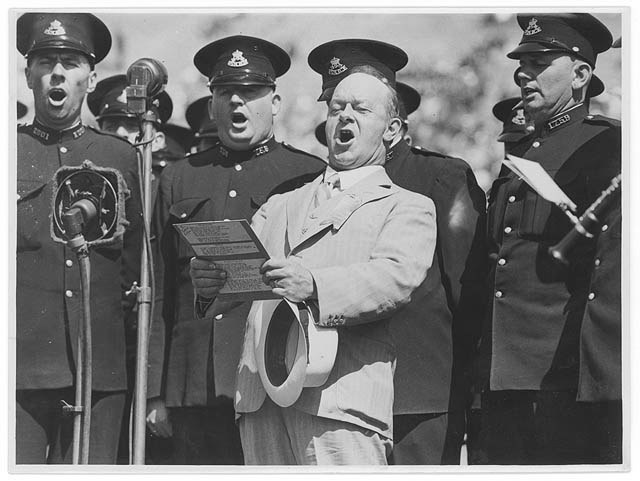 It's not writing a press release, it's creating content. And spotting stories to tell as this charity comms case study demonstrates brilliantly.
It's not writing a press release, it's creating content. And spotting stories to tell as this charity comms case study demonstrates brilliantly. 






